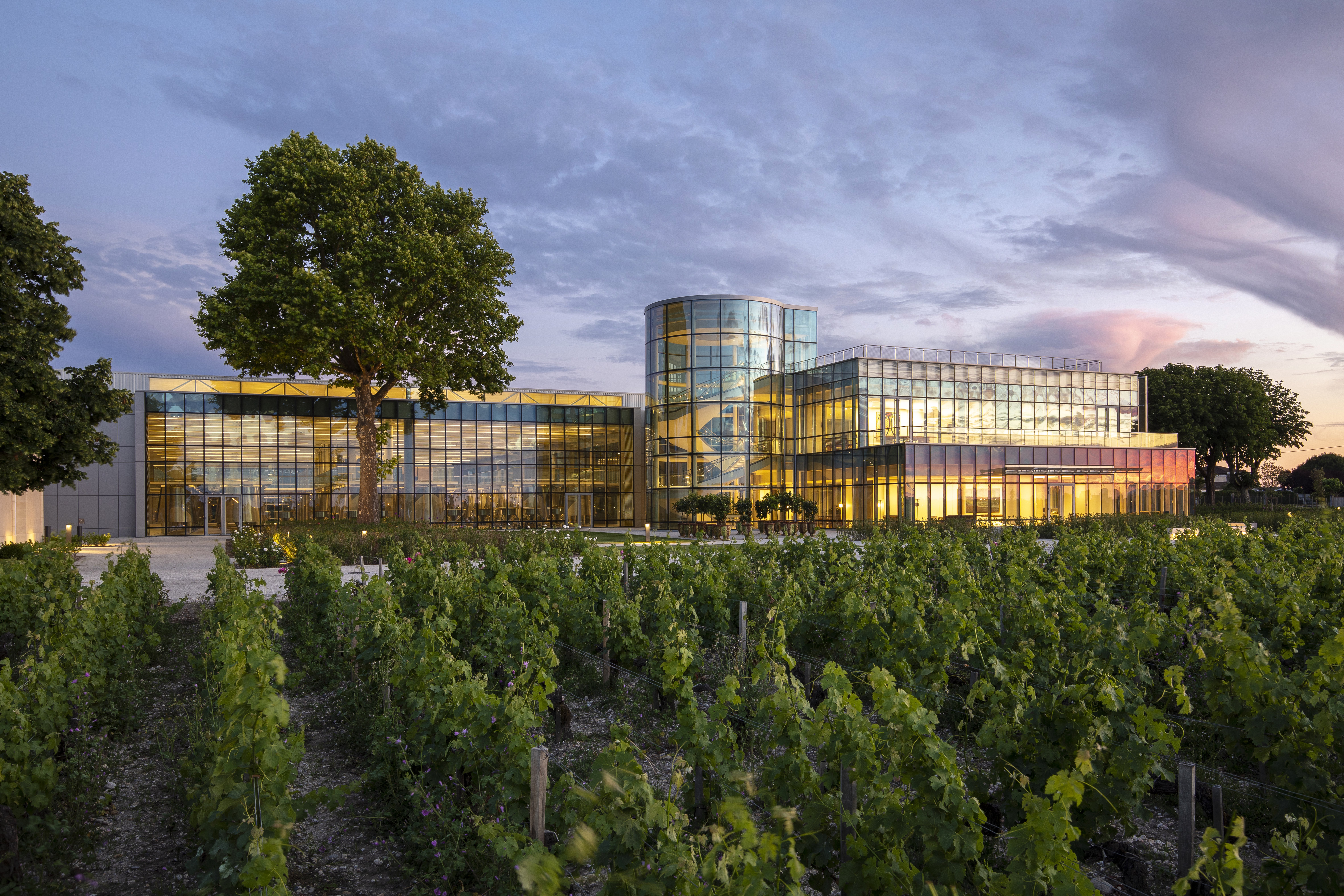There’s a moment, halfway through a long Zoom call with Jean-Charles Cazes, when he stumbles and we lapse into silence as he visibly struggles to collect himself. I’ve asked him – insensitively, I realise – when it is that he most misses his father, the much-loved Jean-Michel Cazes, who died in the summer. ‘I miss him every day,’ he says. ‘I’m sorry. It’s a bit raw.’
Cazes, a burly, bearded man just about to turn 50, has been in charge of the JM Cazes group since 2006. There are the three Bordeaux properties Château Lynch-Bages, Ormes de Pez and Haut-Batailley; Domaine de L’Ostal in Minervois; Château Senechal in Châteauneuf du Pape; a joint venture with the Roquette family of Quinta do Crasto in the Douro; the Relais & Châteaux hotel Château Cordeillan-Bages; and Viniv, a bespoke winemaking operation for well-heeled wine collectors.

What is the unifying factor in this sprawling empire? Cazes answers – as he does all my questions – in thoughtful detail but it could be summed up as, ‘We hate to miss an opportunity’.
‘We do business when we don’t have a choice. It’s easier that way.’ He offers as an example the joint venture they entered into with the late Brian Croser of Barossa’s Petaluma, creating Tapanappa in the Adelaide Hills. It was the early 2000s, and father and son had decided to visit Australia. As Cazes puts it, Jean-Michel was ‘bouncing back’ from having just left AXA Millésimes, whose wine division he’d been running for 15 years, and he wanted to see what was going on down under. Jean-Charles had assumed they were on a tourist trip, until suddenly they’re shaking hands with Croser, smiles all round, ‘and a couple of months later he said he’d seen an opportunity to buy a vineyard and he asked us to join him.’ Cazes chuckles as he remembers.

He obviously loved and admired his father (as many did – there are few Bordeaux grandees who inspired so much affection), and especially in the manner of the transition of power from father to son, an often fraught business. Cazes senior managed it deftly, retreating to the background and ‘making clear to the team that there was only one person in command from now on. He didn’t even show up in the tasting room, which surprised me as I thought it would be something he’d still enjoy taking part in. But he handed over to me without a second thought. That was something he did very well.’
‘We do business when we don’t have a choice. It’s easier that way’
Most importantly, Cazes senior bequeathed Jean-Charles a veteran team, the most senior members of which – like technical director Daniel Llose, who joined in 1976 – have been there decades.
He also made sure he was available if needed. Jean-Charles would go into his father’s office at the end of the day and chat through things. ‘Even though he’d been retired for many years, he had a clear vision. And, of course, he had the experience and the wisdom. So just to tell him how the day had gone is what I’ve missed the most and it’s what is still the most difficult today.’
Admiration aside, Cazes is clear-sighted about what sort of man his father was. He has a lively phrase to describe his modus operandi: ‘You know, he was juggling many balls but then he had people behind him to catch them.’ Cazes senior, his son says, was ‘an adventurer’ who loved to start projects, ‘but running them afterwards, that’s a different story.’

That, he says, ‘is the difference between us. It’s not just the joy of acquiring something. There’s one thing about having the idea and there’s one thing about implementation, which is sometimes not straightforward.’
The group’s last big acquisition was Haut-Batailley in 2017. It’s been a major undertaking; there’s the four-year updating programme to finish: doubling the size of the vineyard to 41ha, refurbishing the château and building a winery; and the not inconsiderable task of ‘finding a new definition of wine and style for the property.’ Cazes gets into his stride, discussing how they are ‘working with more precision than ever before.’ Jane Anson, in her book Inside Bordeaux, says Haut-Batailley is about to ‘take off into the stratosphere…[under Cazes] it promises to be extremely exciting.’
‘We’re happy with the size of the group right now… Unless someone comes knocking at the door’
So for the moment, Pauillac is ‘the centre of gravity’ of the Cazes group. Things are stable, there is continuity, staff turnover is low and there’s a clear path ahead. What about the future? Cazes has no children: does he worry about succession?
‘It’s obviously on my mind. I have no kids but I have nephews and nieces. The future might be someone from the family taking over or someone from outside reporting to family members – everything is possible. But I have ten years before I start planning for this.’
As we wind up and hit our respective ‘End Call’ buttons, I reflect on the nature of continuity – a word that Cazes has used a lot in our interview, referring both to the endurance of the business and the line of succession from father to son. He’s been at pains to point out he’s not his father, that he’s an implementer rather than an adventurer (or a juggler). ‘I’ve got a lot on my plate at the moment. We’re happy with the size of the group right now,’ he says. There’s barely a pause before he adds, ‘Unless someone comes knocking at the door. If it’s a new opportunity, we’ll have to take it.’








